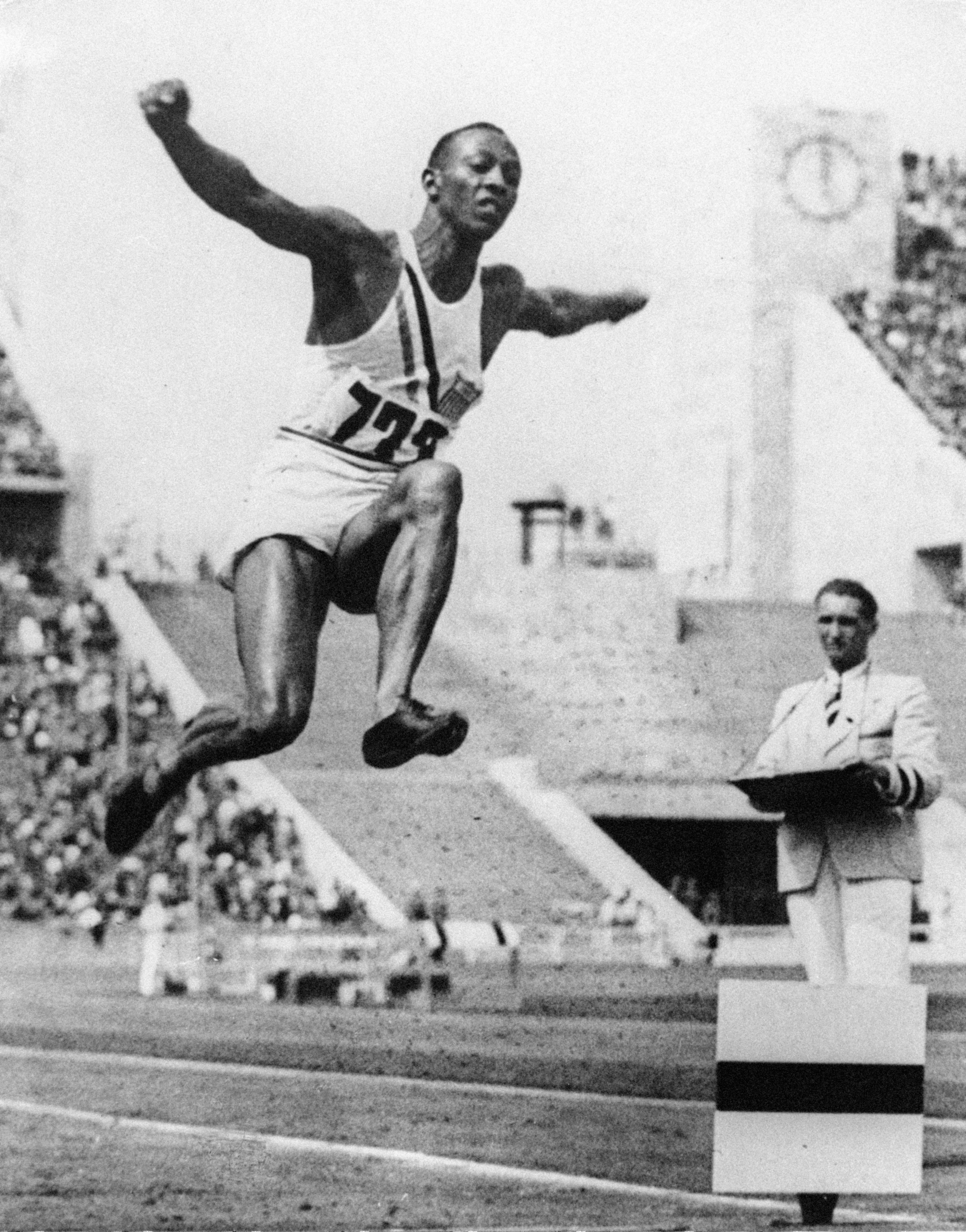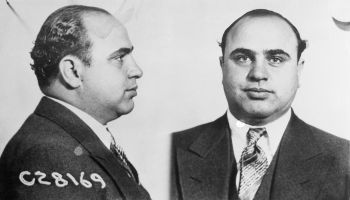
Source: PA Images Archive / Getty
In the world of sports, certain stereotypes have persisted over time and have perpetuated misconceptions about the abilities of different racial and ethnic groups.
One stereotype is the belief that Black people are inherently more athletic than others, but the taboo simply isn’t true and has done more harm than good to the Black community.
The stereotype of Black people being more athletic has deep roots in historical prejudices. During the era of slavery, there was a widespread notion that enslaved individuals were physically superior, a perception fueled by the exploitation of their labor on plantations. While this stereotype has evolved over time, it still lingers in contemporary society and mainstream media, influencing perceptions of Black athletes.
Jon Entine, a white historian and science journalist, published a book in 2000 called Taboo: Why Black Athletes Dominate Sports and Why We’re Afraid to Talk About It. In the lengthy read, Entine tries to debunk whether Black folks are inherently better at sports. He believes that some Black stars in the athletic world excel more than others depending on the geological location of their African ancestry.
Yep, it sounds nuts, doesn’t it?
If you think that’s crazy, dive into Adrian Bejan and Edward C. Jones’ puzzling article titled The Evolution of Speed in Athletics: Why The Fastest Runners Are Black and Swimmers White. The two argue that there is scientific proof to suggest that Black people are physically better at running than swimming due to the center of their “mass” which is allegedly around “3 percent higher above the ground than in whites.”
“This means that blacks hold a 1.5 percent speed advantage in running, and whites hold a 1.5 percent speed advantage in swimming,” a synopsis for the book reads on Wit Press.
This is a terrible analysis and does not take into account the historical factors that have systemically prevented Black folks from obtaining swimming education and practice.
It’s essential to recognize that athletic abilities are diverse and not determined by race.
People of all ethnicities excel in various sports and individual talent is shaped by a combination of factors such as genetics, training and access to resources. Dismissing an entire racial group as more athletic does not encompass the complex layers associated with these factors. Sadly, this way of thinking helps to reinforce harmful stereotypes.
Daniel Buffington documented how the Black athletic superiority trope could shape people’s perceptions about Black athletes during the 2001 NFL season. After he coded and transcribed dozens of NFL football commentary from games throughout the season, Buffington found that Black athletes received more positive qualifiers related to their physical skills, including speed, running ability, strength, size, athleticism and their ability to catch the ball. Mentally, positive comments about determination and tactical understanding of the game were more frequently associated with Black NFL athletes. In contrast, white athletes receive more positive remarks in categories such as the ability to throw the football, intellect, leadership, and emotional control.
While it’s true that there are many successful Black athletes, it’s crucial to emphasize that their achievements are a result of their dedication, hard work, and talent—not their race. Highlighting the diversity of sports and achievements within the Black community can contribute to dismantling stereotypes and promoting a more accurate and inclusive narrative.
To truly break down stereotypes, it’s essential to address systemic barriers that may limit opportunities for aspiring athletes from marginalized communities like access to quality coaching, facilities and educational programs. All of these factors play a significant role in shaping athletic success. By addressing these disparities, we can create a more level playing field for everyone.
SEE ALSO:
Breaking Down The Stereotype: Why Can’t Black People Swim?
Breaking Down The Stereotype: Why Are Black People So Lazy?
- Egypt: Entertainment, Food, Languages, Places To Visit + More
- Algeria: Entertainment, Food, Languages, Places To Visit + More
- South Sudan: Entertainment, Food, Languages, Places To Visit + More
- Tunisia: Entertainment, Food, Languages, Places To Visit + More
- Sudan: Entertainment, Food, Languages, Places To Visit + More
Breaking Down The Stereotype: Are Black People More Athletic? was originally published on newsone.com

















